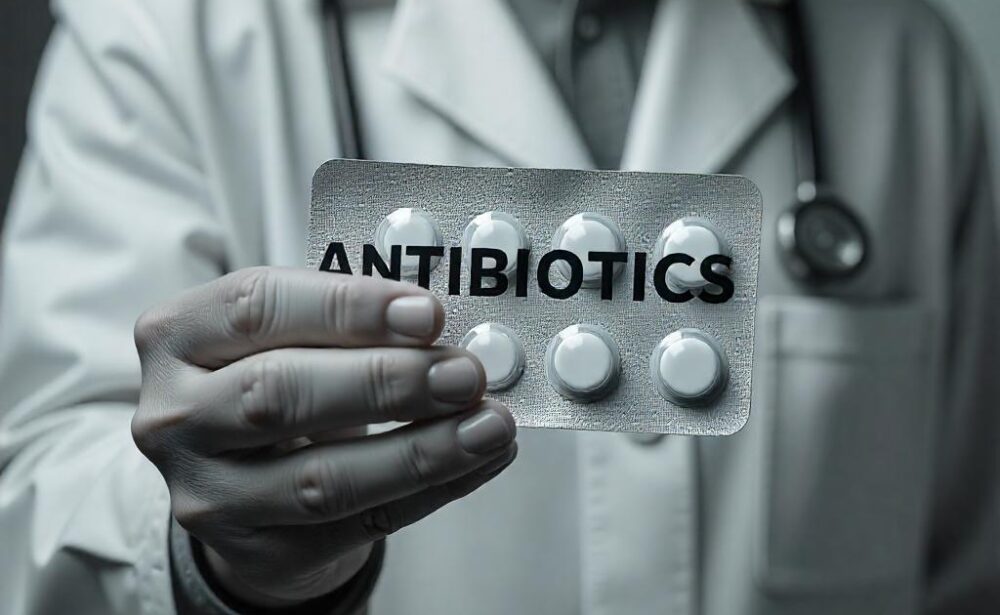Our Goal is to Create Incredible Custom Antibiotic Solutions
CConsidering the biological, clinical, and societal needs of people, antibiotic research and development uses human-centered approaches to address how we treat infections today. Creating novel strategies to promote health, safety, and global well-being, modern antibiotic solutions are increasingly guided by principles of precision medicine and microbial stewardship as holistic approaches to treatment. By definition, antibiotic science encompasses diverse aspects of healthcare. The discipline extends to formulation methods, delivery systems, and therapeutic applications.
- Scientifically proven, broad and narrow-spectrum antibiotics
- Commitment to patient safety and responsible usage
- Dedicated to minimizing antimicrobial resistance risks
- Flexible formulations for various treatment needs
- Backed by global quality and compliance standards
- Innovative delivery methods for enhanced efficacy
- Research-driven to address emerging bacterial threats
- Supports faster recovery and improved treatment outcomes


In antibiotic development, we draw inspiration from the natural world, leveraging elements such as microbial ecosystems, natural compounds, and bioactive molecules derived from plants, fungi, and bacteria. Encouraging the use of natural processes and biologically inspired systems in antibiotic research allows us to harness nature’s own defense mechanisms against infections.
Frequently asked questions
Antibiotics play a vital role in combating bacterial infections by inhibiting or killing harmful microorganisms. Through years of research and innovation, modern antibiotic therapies have evolved to target specific pathogens while minimizing side effects.
Antibiotics are medications designed to treat bacterial infections by either killing the bacteria or inhibiting their ability to grow and reproduce. They work by targeting specific structures or functions within the bacteria, such as cell wall synthesis, protein production, or DNA replication.
No, antibiotics are only effective against bacterial infections. They do not work against viruses, such as those that cause the common cold, flu, or COVID-19. Using antibiotics for viral infections contributes to antibiotic resistance and should be avoided.
Antibiotic resistance occurs when bacteria adapt and become resistant to the effects of antibiotics, making infections harder to treat. This can lead to longer illnesses, increased medical costs, and higher risks of complications or death. Responsible antibiotic use and proper infection prevention are key to slowing resistance.
Always take antibiotics exactly as prescribed by your healthcare provider. Complete the entire course, even if you feel better, to ensure all bacteria are eliminated. Never share antibiotics or use leftover medication, as this can be unsafe and ineffective.

